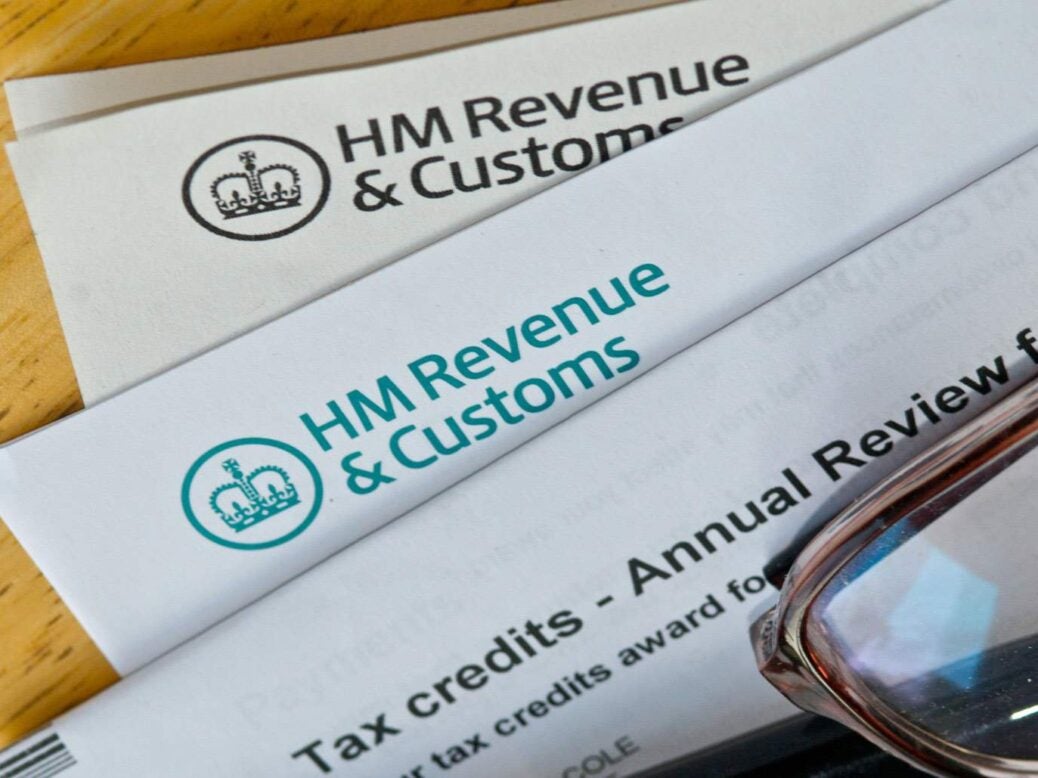
Tax avoidance has been under the spotlight for a while – and the little-known MARD regime is about to become a lot more familiar, says Eleanor Metcalf
It might be fair to assume that if you are resident outside the UK – but still owe UK tax – it could be difficult for H.M. Revenue and Customs (HMRC) to pursue the debt. Not so.
In this age of automatic exchange of tax information, expats should be aware of HMRC’s tax recovery powers, although there are questions over the extent of these in some situations.
How can HMRC pursue expats for tax?
The UK has “Mutual Assistance in the Recovery of Debt” (MARD) agreements with certain (participating) countries which allows HMRC to recoup any tax owed. MARD operates at EU-level and was implemented in the UK with effect from 1 January 2012, but the UK also has separate MARD agreements with non-EU countries too, such as Norway, New Zealand and South Africa.
The MARD regime allows participating countries to ask HMRC for assistance in obtaining information, serving legal documents or recovering a tax debt where the defaulting taxpayer lives in the UK, and HMRC can do likewise in respect of non-UK residents with a UK tax liability. The MARD provisions generally cover all taxes collected by HMRC – and they seemingly extend to HMRC’s much-maligned “accelerated payment notices” (APNs).
A practical cost for expats
Since July 2014, HMRC have been able to issue APNs to taxpayers who have used contentious tax avoidance schemes. This requires the taxpayer to pay the disputed tax upfront whilst their tax affairs are investigated – i.e. pay upfront, dispute later.
HMRC are now issuing some 3,000 APNs per month and have collected over £2 billion to date, revealing the importance of APNs as an HMRC cash-cow. It is therefore not surprising that HMRC are prepared to use MARD procedures to pursue APN tax debts abroad, and in one recently reported case, have written to an expat living in Spain warning that they will do just that over an APN amounting to £640,000. However, can HMRC legitimately ask their counterpart tax authority to do their ‘dirty work’ for them?
Some commentators say no. Guidance issued by HMRC on MARD arrangements explains that no recovery action will be taken by HMRC (on receipt of a MARD request from another country) unless the debt is not in dispute, or, under appeal or still within the appeal period. One would expect the same to be reflected in the reciprocal agreement with other countries. APNs, by their very nature, concern a tax debt under dispute and there remains a right to appeal the underlying tax liability. However, it will take a recipient country challenging a request from HMRC for the issue to be determined, and local tax authorities are arguably more likely to act upon HMRC’s requests than question the rationale behind it.
What does this mean for high net worth individuals abroad?
Expats with unpaid UK tax liabilities or who have used a tax avoidance scheme in the past should be aware of the mutual assistance regime and the ability for HMRC to indirectly claim significant amounts of disputed tax which, at best, could leave those affected out of pocket (and, at worst, bankrupt). The largest APN debt to date is £5 million. If an expat receives a request from their local tax authority for information or a demand for payment in respect of a UK tax liability, they would be wise to seek legal advice in both jurisdictions.
Regarding APNs, there may be grounds for challenging the recovery of the disputed debt via MARD procedures. The adoption by the UK of the Common Reporting Standard (the international tax information-sharing treaty) will see the UK exchange financial information with more than 60 countries from September 2017 on individuals’ accounts (including trusts) in the UK. The information generated is only likely to lead to greater use of MARD arrangements in future.
It remains to be seen whether HMRC will send a MARD request to the Spanish tax authorities in the case referred to above, but given the tax at stake (and assuming the taxpayer disputes it) it will be interesting to see whether it turns into a potential test case.
Tax avoidance has been under the spotlight for some time now, and the little-known MARD regime is about to become a lot more familiar.
Eleanor Metcalf is partner and head of private client at Wedlake Bell LLP






